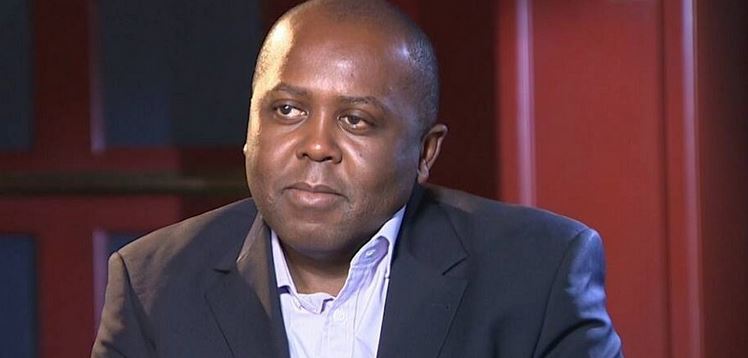×
The Standard e-Paper
Join Thousands Daily

The High Court has cleared the proposed Telkom Kenya and Airtel merger in what could revive the stalled deal.
The court in Nairobi yesterday quashed a directive by the Ethics and Anti-Corruption Commission (EACC) barring Telkom from disposing of its assets, which was one of the reasons that saw the transaction fall through.